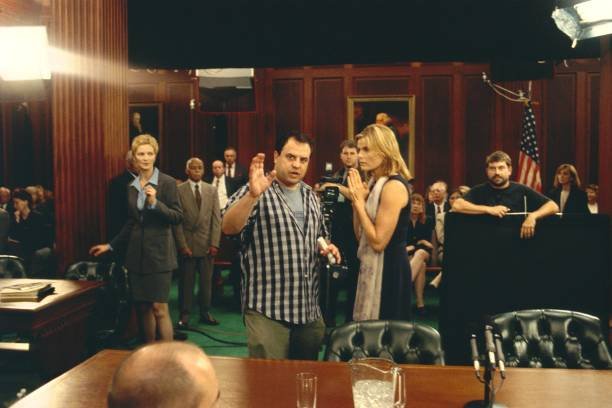The political drama is one of the most influential and thought-provoking genres in storytelling. Unlike lighthearted romances or action-packed thrillers, political dramas focus on the intense struggles of leadership, governance, corruption, and the consequences of power. They explore how decisions made in government offices ripple across societies, often blending personal ambition with public responsibility.

What is a Political Drama?
A political drama is a subgenre of drama centered around political systems, leaders, and conflicts. The narrative usually revolves around:
- Power struggles within governments
- Corruption and scandals
- Elections and campaigns
- War, diplomacy, and international relations
- Social justice movements and protests
- Moral dilemmas of political figures
Unlike political thrillers, which emphasize suspense and danger, political dramas focus more on character development, moral questions, and the human side of politics.
Key Characteristics of Political Dramas
- Complex Characters
Politicians, leaders, journalists, activists, and ordinary citizens are shown with depth—highlighting their strengths, flaws, and ambitions. - Themes of Power and Corruption
Many political dramas highlight how ambition, greed, and corruption can shape or destroy societies. - Conflict Between Ideals and Reality
Characters often struggle between doing what is right and doing what is necessary to hold onto power. - Reflection of Real Events
Political dramas often mirror real-life events like elections, protests, scandals, or wars, making them socially relevant. - Emotional and Social Impact
These dramas don’t just entertain—they spark debate about justice, democracy, and leadership.

Why Audiences Love Political Dramas
Political dramas resonate because they provide a glimpse into the behind-the-scenes world of power. Viewers are fascinated by the struggles of politicians and leaders because these conflicts mirror real societal issues.
- They feel real: Political issues affect daily life, making these stories relatable.
- They challenge perspectives: Political dramas ask audiences to think critically about ethics, power, and morality.
- They mix personal and public life: Many stories show how private lives of leaders impact their political decisions.
- They spark conversations: These dramas often lead to debates about justice, corruption, and democracy.
Popular Subgenres of Political Drama
- Historical Political Drama – Based on real historical events (Lincoln, The Crown).
- War and Conflict Drama – Focused on the politics of war (The West Wing, Thirteen Days).
- Revolutionary Political Drama – Stories about protests, revolutions, and uprisings (Les Misérables, Milk).
- Scandal-Based Political Drama – Focus on corruption, scandals, or cover-ups (All the King’s Men, House of Cards).
- Election and Campaign Drama – Narratives around political campaigns and elections (The Ides of March).
Famous Political Dramas
- Movies
- All the King’s Men (1949 & 2006) – A story of corruption in American politics.
- Lincoln (2012) – The struggle of Abraham Lincoln to pass the 13th Amendment.
- The Ides of March (2011) – The dark side of political campaigns.
- Frost/Nixon (2008) – The story of interviews that revealed the Watergate scandal.
- TV Shows
- House of Cards – A ruthless portrayal of ambition and corruption in U.S. politics.
- The West Wing – A more idealistic and inspiring view of political leadership.
- Borgen – A Danish drama exploring the struggles of a female Prime Minister.
- Scandal – A mix of political drama and personal intrigue in Washington D.C.
- Books
- Advise and Consent by Allen Drury – A Pulitzer Prize-winning novel about the U.S. Senate.
- All the King’s Men by Robert Penn Warren – A classic about power and corruption.
- Primary Colors by Joe Klein – A fictionalized account of U.S. presidential campaigns.
The Impact of Political Dramas on Society
Political dramas influence audiences far beyond entertainment. They shape how people view democracy, leadership, and justice. These stories highlight both the promise and the danger of politics—showing how leaders can inspire change or bring destruction.
By focusing on power struggles and ethical dilemmas, political dramas encourage viewers to reflect on real-world governance, sparking critical discussions about trust, responsibility, and morality in politics.

Conclusion
The political drama remains one of the most significant genres in storytelling because it blends entertainment with social reflection. It not only entertains but also challenges audiences to think critically about leadership, justice, and the human cost of power.
Whether through films, TV shows, or novels, political dramas continue to explore the timeless truth: politics is never just about policy—it is about people, choices, and the struggle for power.